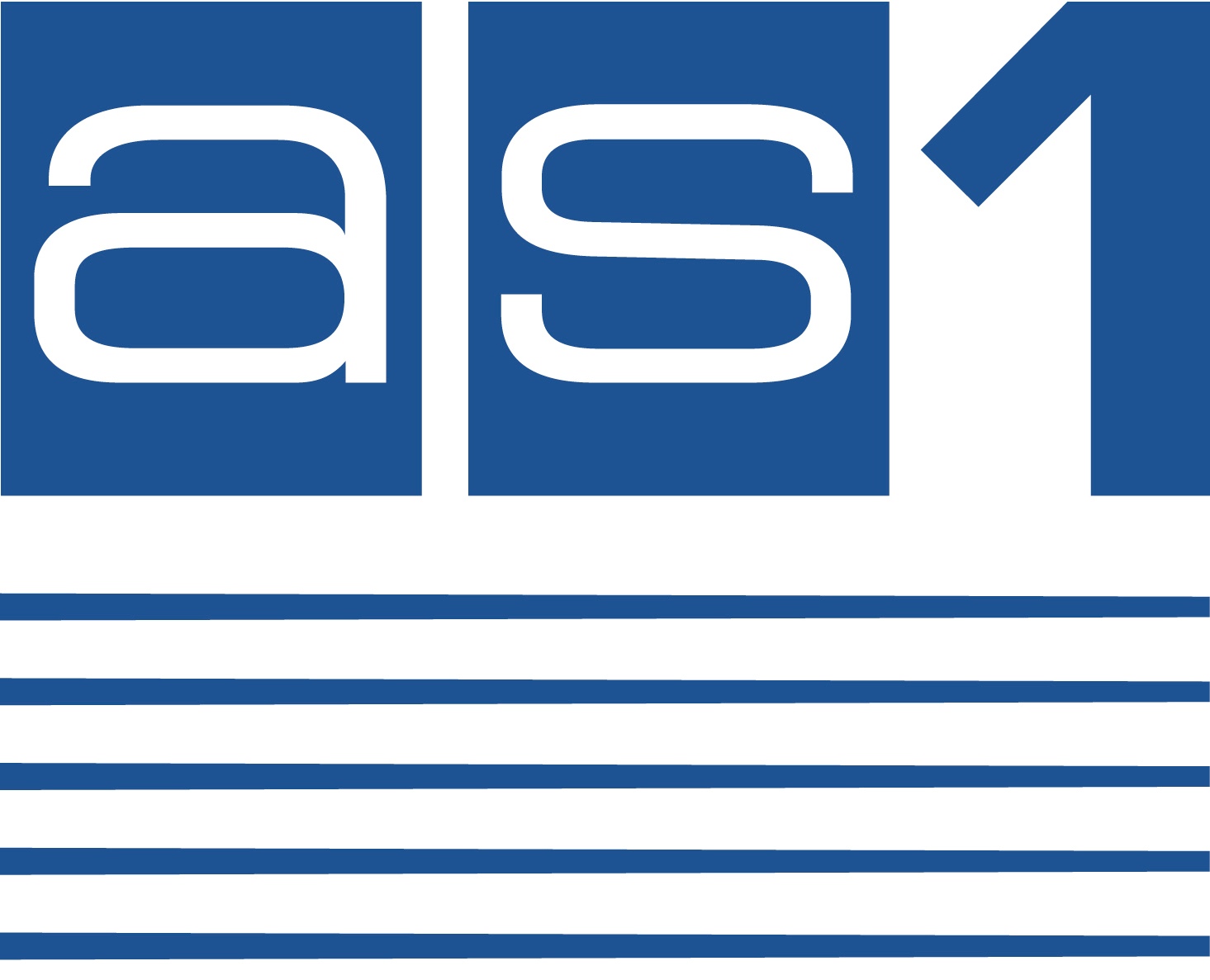Widely regarded as the best cancer hospital in the USA, The MD Anderson Cancer Centre at the University of Texas currently uses a Whitley H35 Hypoxystation to contribute to their work focused on pancreatic cancer.
Dr. Rafal Zielinski had this to say about their workstation:
“The hypoxia station we have purchased is being used for studies on STAT and HIF oncogenic transcription factors in tumours with major focus on pancreatic cancer. It is well-established that these tumours are highly hypoxic therefore experiments performed in oxygen-limited conditions better recapitulates the natural environment of the cancer, allows better understanding of the physiologic role of STATs and HIFs and enables more accurate evaluation of experimental therapeutic strategies. We also use chronic hypoxia to study metabolism of the cancer cells and to design optimal therapeutic approaches using new inhibitors of glycolysis.”
Article shared from www.dwscientific.co.uk
For more information about Whitley H35 Hypoxystations in New Zealand, contact Anna




